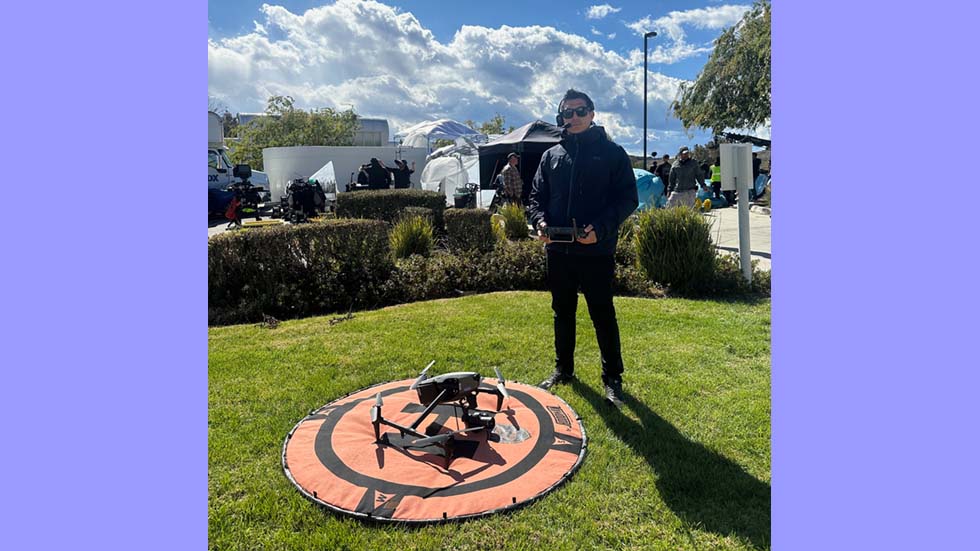DTV allotments
The commission is finalizing the DTV Table of Allotments and should have a proposal ready this month.
The FCC required TV licensees to build out their digital facilities by July 1 or submit a request for a waiver because of circumstances beyond their control. The commission is currently reviewing the more than 100 such waivers filed.
The commission released a public notice in August announcing the end of the third round DTV election. The FCC reported that only six stations had not received a final DTV allotment. These stations will receive their DTV allotments in a subsequent proceeding.
That proceeding will likely involve a Notice of Proposed Rule Making, which will include the FCC's final version of the DTV Table of Allotments. The rule making will invite parties to review that draft table and submit comments. It is expected to be released this month and will include the technical specifications of every DTV allotment. The commission will seek final comments on these allotments and will likely discuss the final steps in the DTV transition, including the procedures to be used by stations flash cutting on their existing analog channels.
TV translator, LPTV and Class A DTV singletons
In June, the commission opened a limited window for existing licensees of TV translator, LPTV and Class A stations to file applications for a second digital channel. The window permitted parties to submit engineering proposals for new secondary stations on which to construct their digital facilities.
After analyzing the proposals for potential conflicts, the commission released a public notice listing the applications that were not mutually exclusive, i.e., those that conflicted with other submissions. For such singleton applications, parties needed to submit a Form 346 application in October, which provides the detailed legal and engineering qualifications of the applicant.
Get the TV Tech Newsletter
The professional video industry's #1 source for news, trends and product and tech information. Sign up below.
Applications that were mutually exclusive were subject to a future auction, with the coveted channel going to the highest bidder. Those applicants will need to wait until a future public notice, which will open a limited window for submitting settlement proposals to eliminate mutual exclusivity among applicants.
Another option for applicants with mutually exclusive applications involves dismissing their pending companion channel applications and filing to convert to digital operation on their existing analog channels. The submission of such a flash-cut application stands a greater chance of being processed and granted, and will permit the licensee to convert to digital operations within three years of approval.
KidVid compromise approved
In response to a settlement reached between TV industry representatives and children's TV advocates in January, the FCC has adopted new standards governing the amount of required core children's programming in multicast DTV programming. According to the compromise, known as KidVid, no more than 50 percent of a station's core children's programming counts toward meeting the additional multicast programming guideline. In return, broadcasters do not have to count cross promotions as commercial time, and the FCC has relaxed its restrictions on the promotion of Web sites during children's programs.
Harry C. Martin is the past president of the Federal Communications Bar Association and a member of Fletcher, Heald and Hildreth PLC.
Dateline
Dec. 1 is the filing deadline for renewal applications and EEO program reports for TV stations in Connecticut, Maine, Massachusetts, New Hampshire, Rhode Island and Vermont. This deadline also applies to TV translators, LPTV and Class A stations in those states, although translators and LPTV stations that do not originate programming do not have to file EEO reports.
Dec. 1 is the deadline for TV stations — but not for TV translators, LPTV or Class A stations — in the following states to file their biennial ownership reports: Alabama, Connecticut, Georgia, Maine, Massachusetts, New Hampshire, Rhode Island and Vermont.
Send questions and comments to:harry.martin@penton.com
